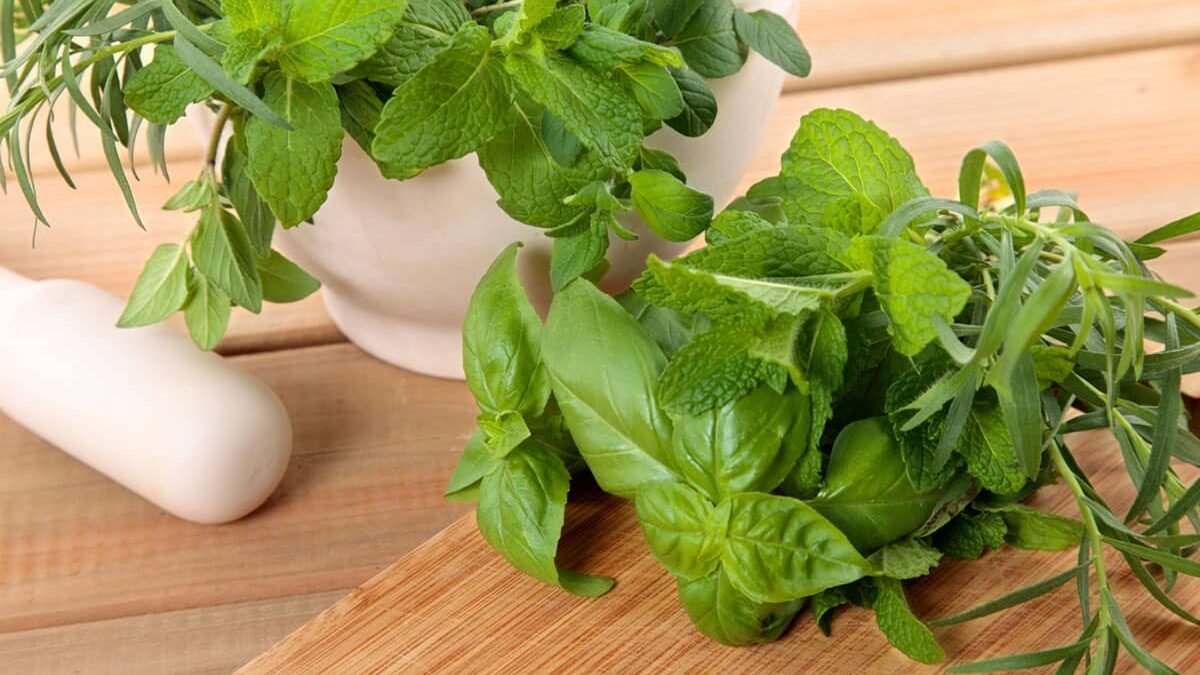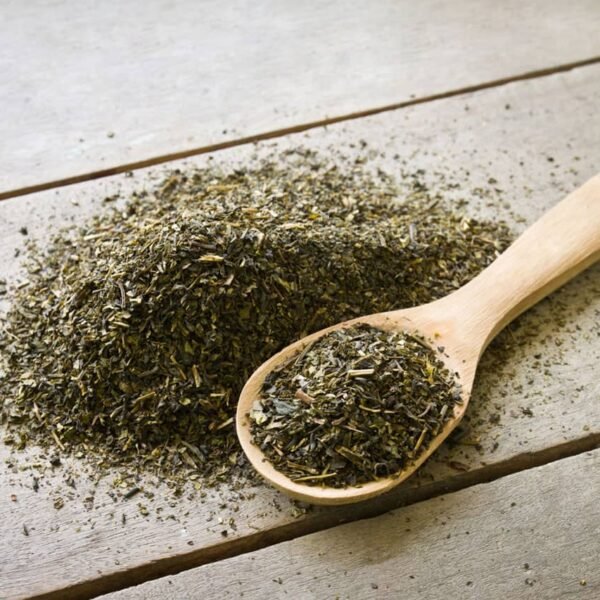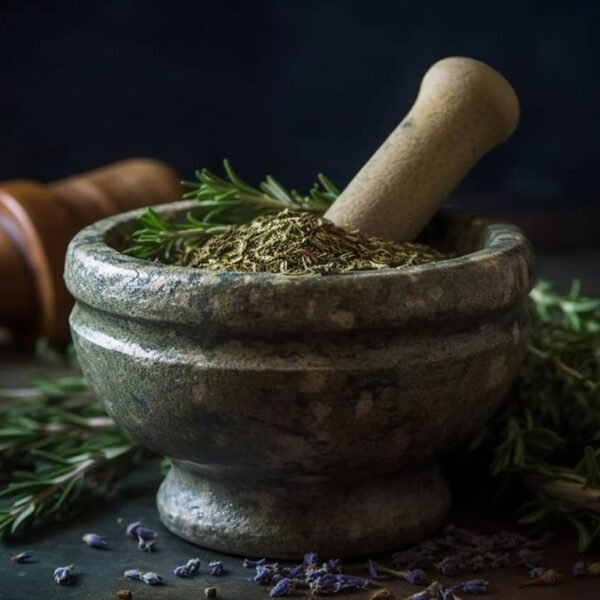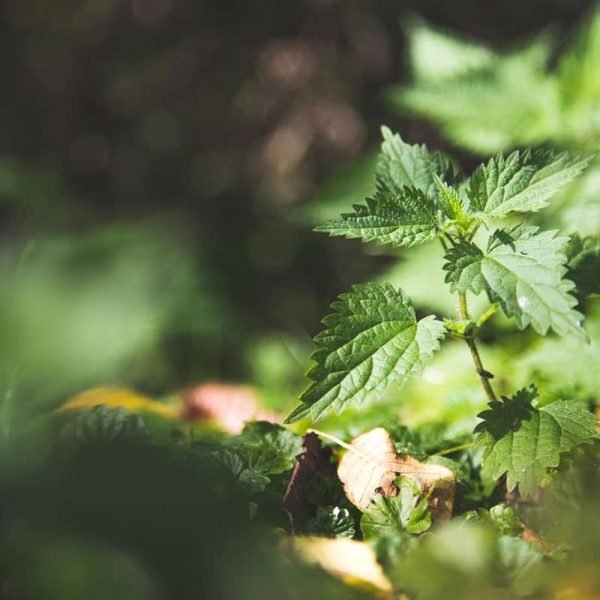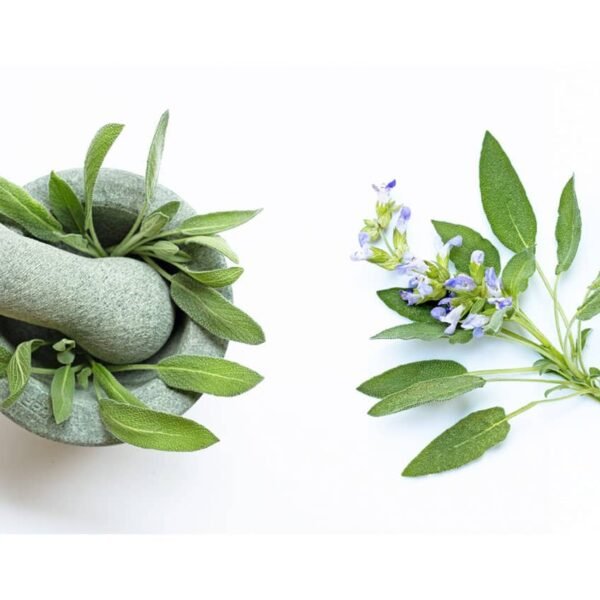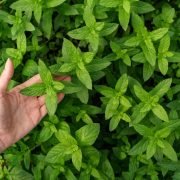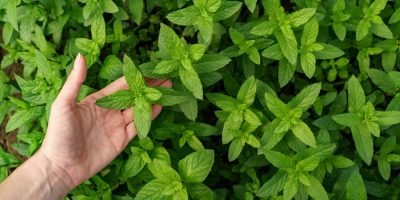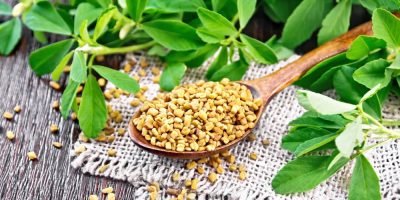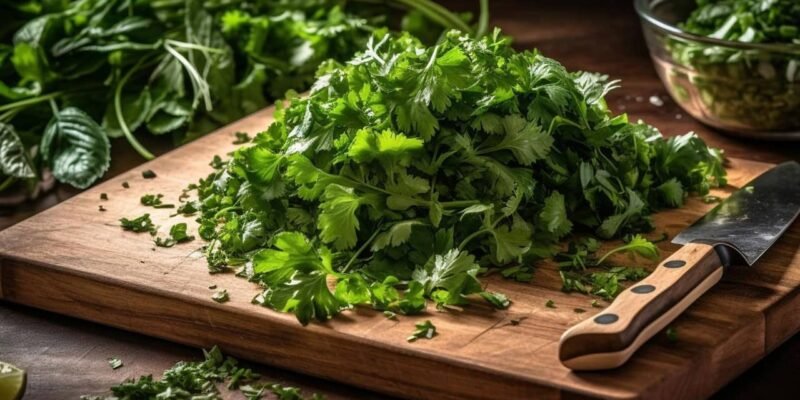
Cilantro, also known as coriander or Chinese parsley, is a versatile herb that has been used in culinary traditions across the globe for centuries. With its unique flavor profile and numerous health benefits, cilantro has become a staple ingredient in various cuisines, adding a refreshing and vibrant touch to dishes.
Overview of Cilantro
Originally native to the Mediterranean region and parts of Asia, cilantro is now cultivated worldwide due to its popularity. The plant itself belongs to the Apiaceae family and is characterized by delicate green leaves with lacy textures. While its leaves are commonly used in cooking, cilantro seeds are equally valued for their distinct aroma and taste.
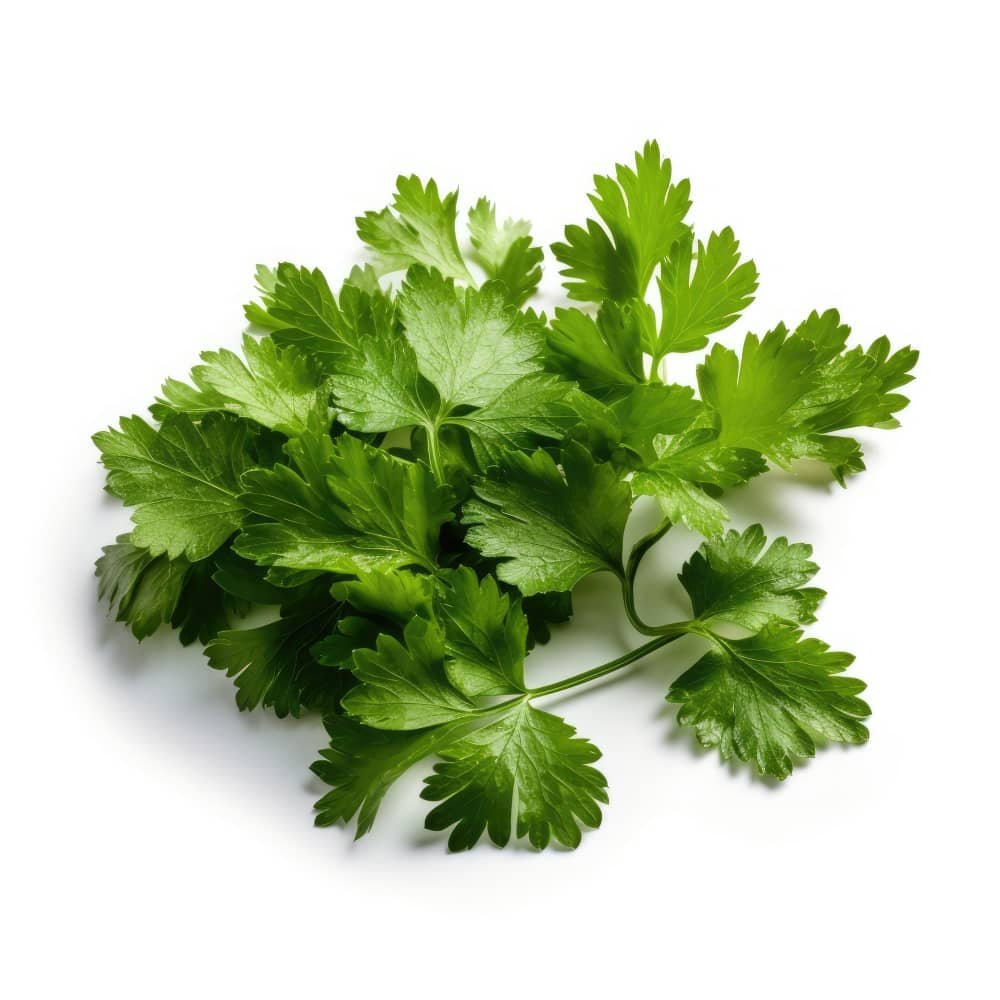
Health Benefits of Cilantro
Cilantro, also known as coriander or Chinese parsley, is a popular herb used in various cuisines around the world. It adds a refreshing and tangy flavor to dishes and is often used as a garnish. Besides its culinary uses, cilantro also offers several health benefits.
Firstly, cilantro is rich in antioxidants that help protect the body against damage from harmful free radicals. These antioxidants have been shown to reduce inflammation and lower the risk of chronic diseases such as heart disease and certain types of cancer.
Secondly, cilantro has powerful detoxifying properties due to its high content of natural compounds like chlorophyll. It helps remove heavy metals such as mercury, lead, and aluminum from the body by binding to them and facilitating their elimination through urine.
Lastly, cilantro is known for its antimicrobial properties that may help fight against infections caused by bacteria and fungi. Some studies have suggested that specific components present in cilantro can inhibit the growth of common foodborne pathogens like Salmonella and Escherichia coli (E.coli), making it an excellent addition to meals for preventing food poisoning.
In conclusion, cilantro enhances the taste of dishes and provides numerous health benefits including antioxidant protection, detoxification support, and antimicrobial effects. Adding this versatile herb into your diet can be an easy way to improve your overall well-being while enjoying flavorful meals.
Different Ways to Use Cilantro
Cilantro, also known as coriander or Chinese parsley, is a versatile herb widely used in various cuisines worldwide. Its distinct flavor adds a refreshing and citrusy note to dishes, making it an essential ingredient in many recipes. From salads to sauces, cilantro can be used in numerous ways to enhance the taste and aroma of your favorite meals.
One popular way to use cilantro is by incorporating it into fresh salsas and chutneys. Finely chopped cilantro leaves mixed with diced tomatoes, onions, lime juice, and spices create a vibrant and tangy salsa that pairs perfectly with tortilla chips or grilled meats. Additionally, cilantro can be blended with yogurt or mayonnaise to make a creamy and flavorful dipping sauce for vegetables or sandwiches.
Another creative way to use cilantro is by infusing its essence into oils or vinegars. This simple technique involves placing fresh cilantro sprigs into a bottle of oil or vinegar and allowing them to steep for several days. The resulting infused oil or vinegar can then be drizzled over salads, roasted vegetables, or grilled meats for an added burst of flavor.
Whether you prefer using cilantro as a garnish for your favorite dishes or incorporating it into dressings and marinades for an extra kick of taste, this versatile herb offers endless possibilities in the kitchen.
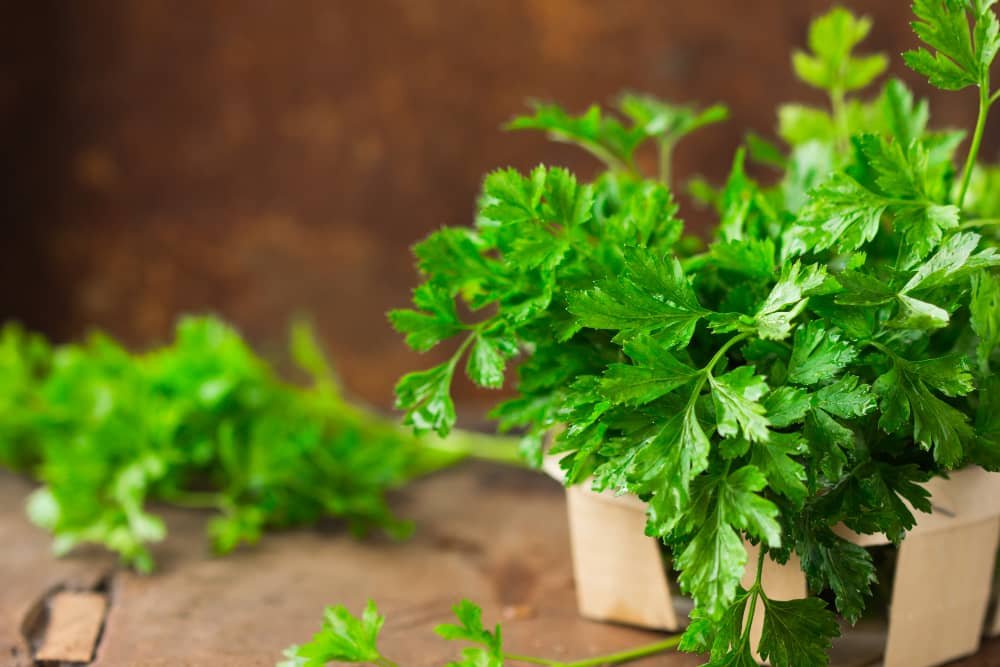
Tips on Growing Cilantro
Cilantro, also known as coriander leaves or Chinese parsley, is a popular herb used in various cuisines around the world. It has a distinct flavor that adds a fresh and tangy taste to dishes. Cilantro is rich in vitamins A, C, and K, as well as minerals like potassium and calcium. This versatile herb can be utilized in both its fresh and dried forms.
When it comes to growing cilantro, there are a few tips that can help ensure success. First and foremost, cilantro prefers cool weather conditions with temperatures ranging between 50 to 85 degrees Fahrenheit (10 to 29 degrees Celsius). Therefore, it’s best to plant cilantro during spring or fall when the weather is milder.
In terms of soil requirements, cilantro thrives in well-draining soil that is rich in organic matter. Before planting the seeds or seedlings, it’s advisable to amend the soil with compost or aged manure for added nutrients. Additionally, cilantro requires ample sunlight of at least six hours per day but can tolerate some shade if necessary.
Regular harvesting is crucial to promote continuous growth of cilantro throughout the season. By snipping off outer leaves from the base of the plant rather than plucking them from the top directly ensures new growth will continue from lower parts of the stem. Moreover, regularly pinching off any flowering stems helps prevent premature bolting (the process where plants produce flowers and seeds), which can inhibit further leaf production.
Different Cuisines that Feature Cilantro
Cilantro, also known as coriander leaf or Chinese parsley, is a versatile herb widely used in various cuisines worldwide. Its distinct flavor and aroma make it an essential ingredient in many dishes. One cuisine that prominently features cilantro is Mexican cuisine. In Mexican dishes like salsa, guacamole, and various types of tacos, cilantro adds a fresh and citrusy taste that complements the other ingredients perfectly. The vibrant green leaves are often used as a garnish on top of these dishes to add color and enhance their visual appeal.
Another cuisine that utilizes cilantro extensively is Thai cuisine. Thai dishes such as Tom Yum soup, green curry, and pad Thai incorporate cilantro for its unique flavor profile. The herb’s bright notes lend a refreshing balance to the spiciness found in many Thai dishes. Cilantro is added during cooking or sprinkled on top just before serving to provide an extra freshness.
In conclusion, cilantro plays a significant role in enhancing the flavors of different cuisines worldwide. Whether it’s adding zing to Mexican favorites or bringing brightness to traditional Thai recipes, this versatile herb has become an essential component of many culinary traditions across cultures.
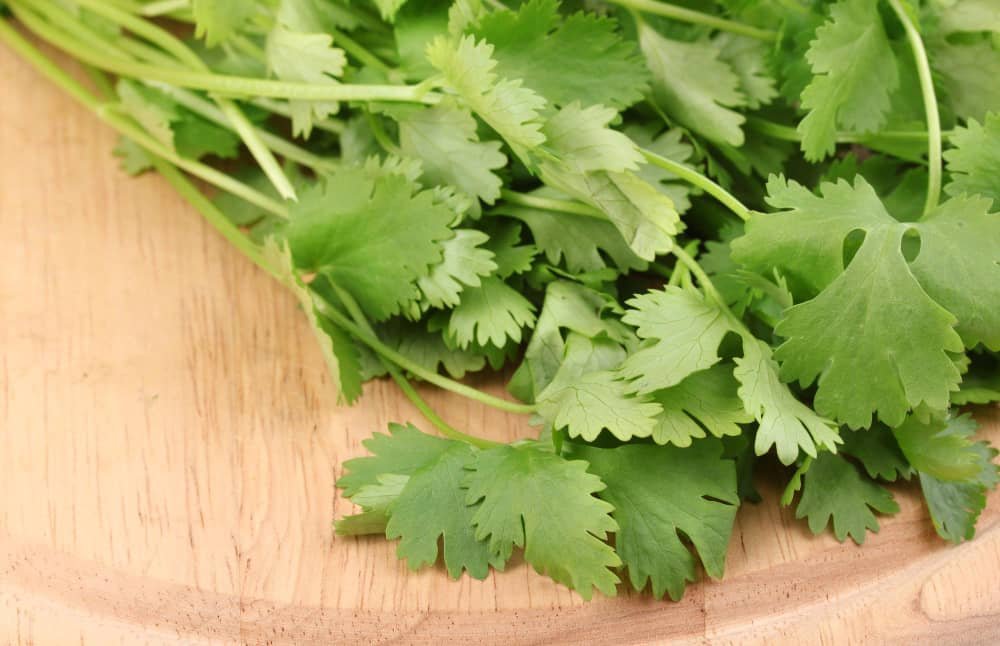
Interesting Facts about Cilantro
Cilantro, also known as coriander or Chinese parsley, is a versatile herb widely used in various cuisines worldwide. It belongs to the Apiaceae family and has a distinct aroma and flavor that adds freshness and depth to dishes. This herb is native to Southern Europe, Northern Africa, and Western Asia but is now cultivated in many parts of the world.
One interesting fact about cilantro is its polarizing taste. While some people love its vibrant flavor, others find it overpowering and even soapy. This difference in preference can be attributed to genetic factors, as studies have shown that specific olfactory-receptor genes are responsible for detecting certain compounds found in cilantro.
Another fascinating aspect of cilantro is its rich history. It has been used for centuries in traditional medicine due to its potential health benefits. Cilantro contains essential vitamins, minerals, and antioxidants that may help reduce inflammation, improve digestion, lower blood sugar levels, and promote heart health. Additionally, this herb has been employed as a natural remedy for detoxification due to its ability to bind with heavy metals like lead and mercury.
In conclusion, cilantro is not just an ordinary herb; it offers interesting facts beyond its culinary uses. Whether you enjoy its distinctive taste or not, there’s no denying the cultural significance and potential health benefits associated with this vibrant herb.

